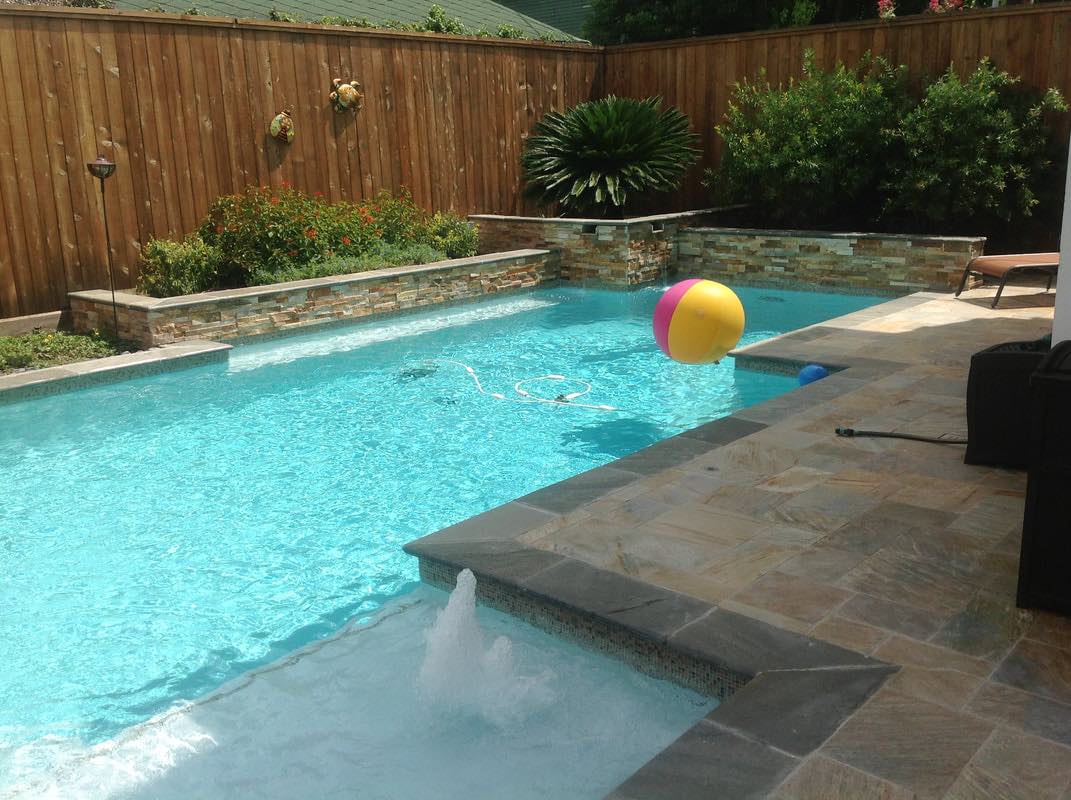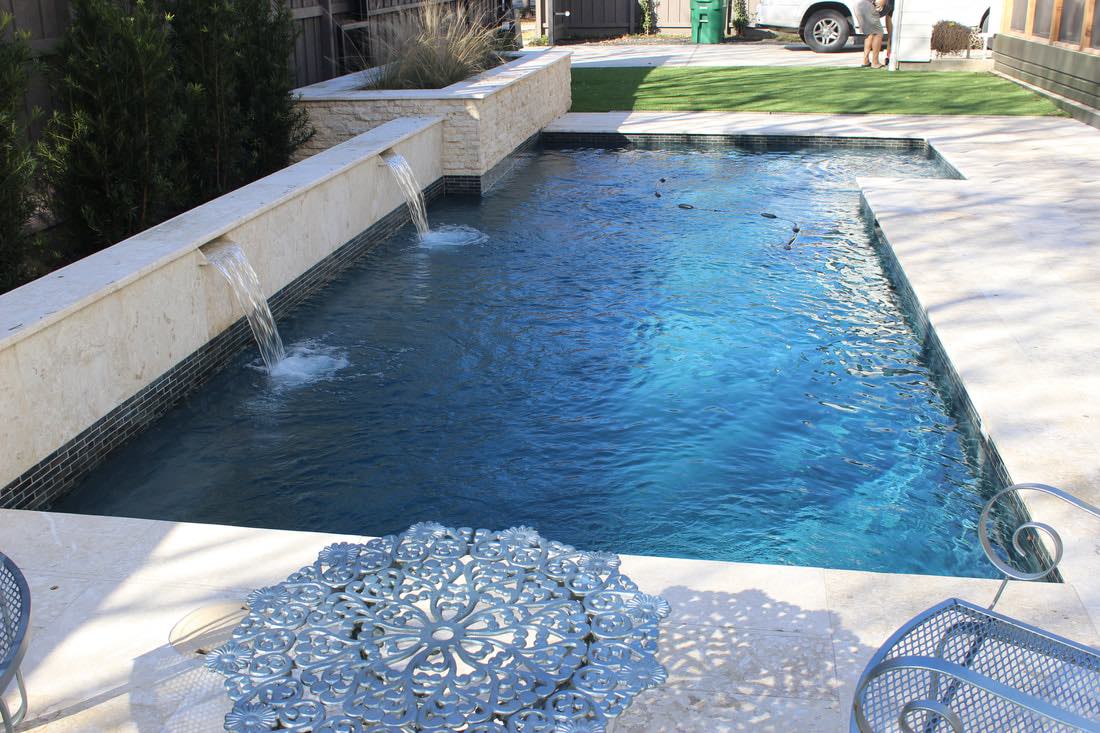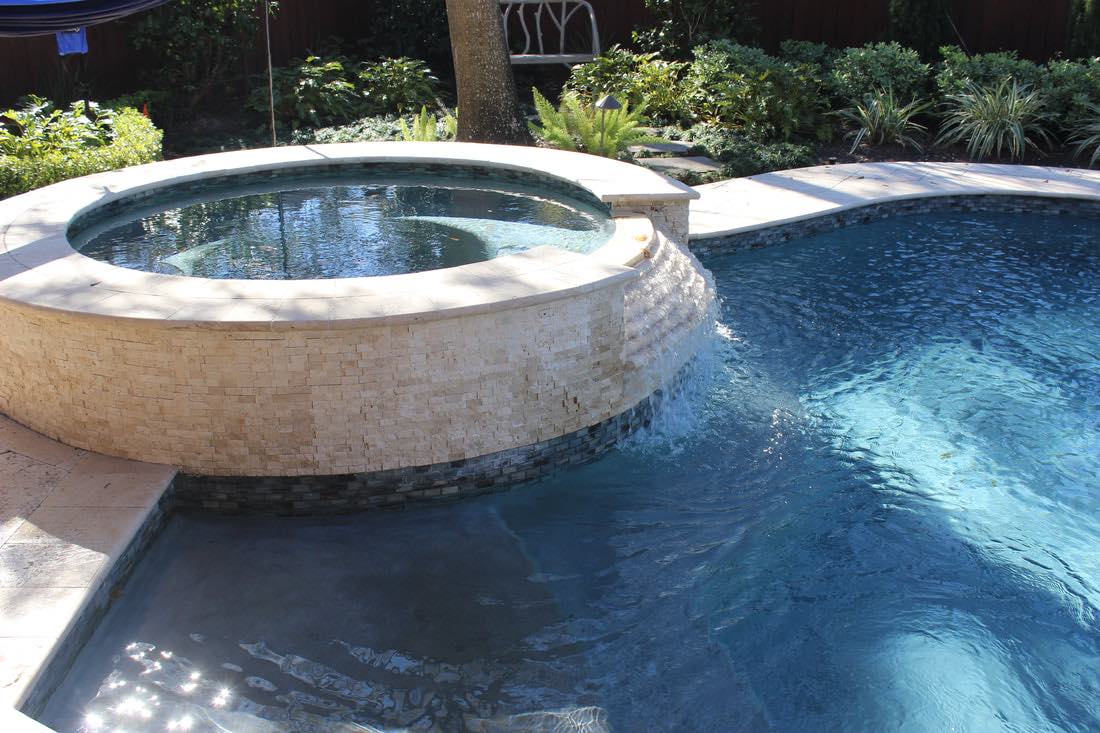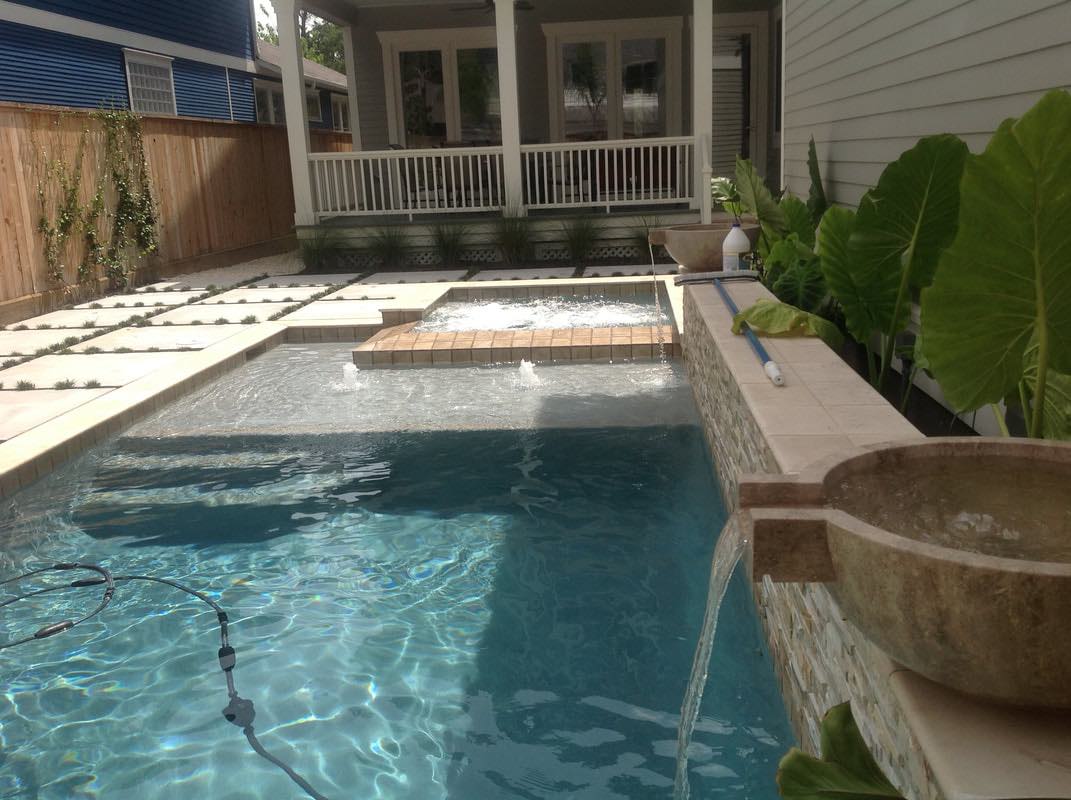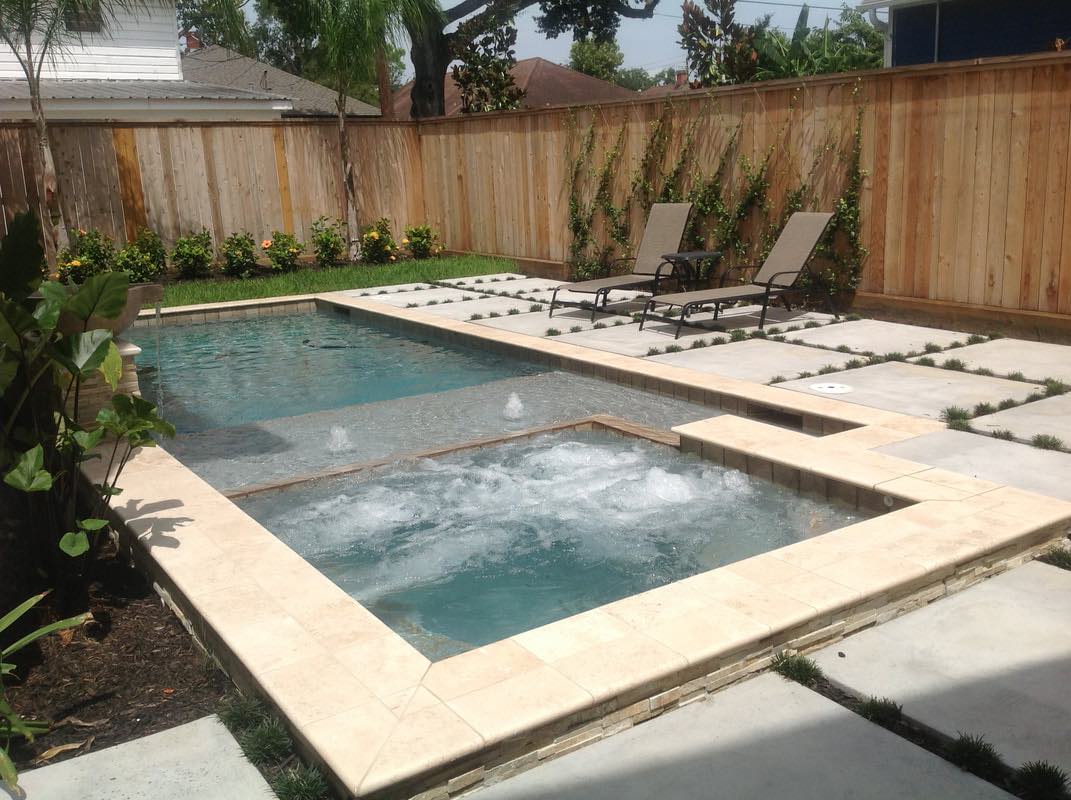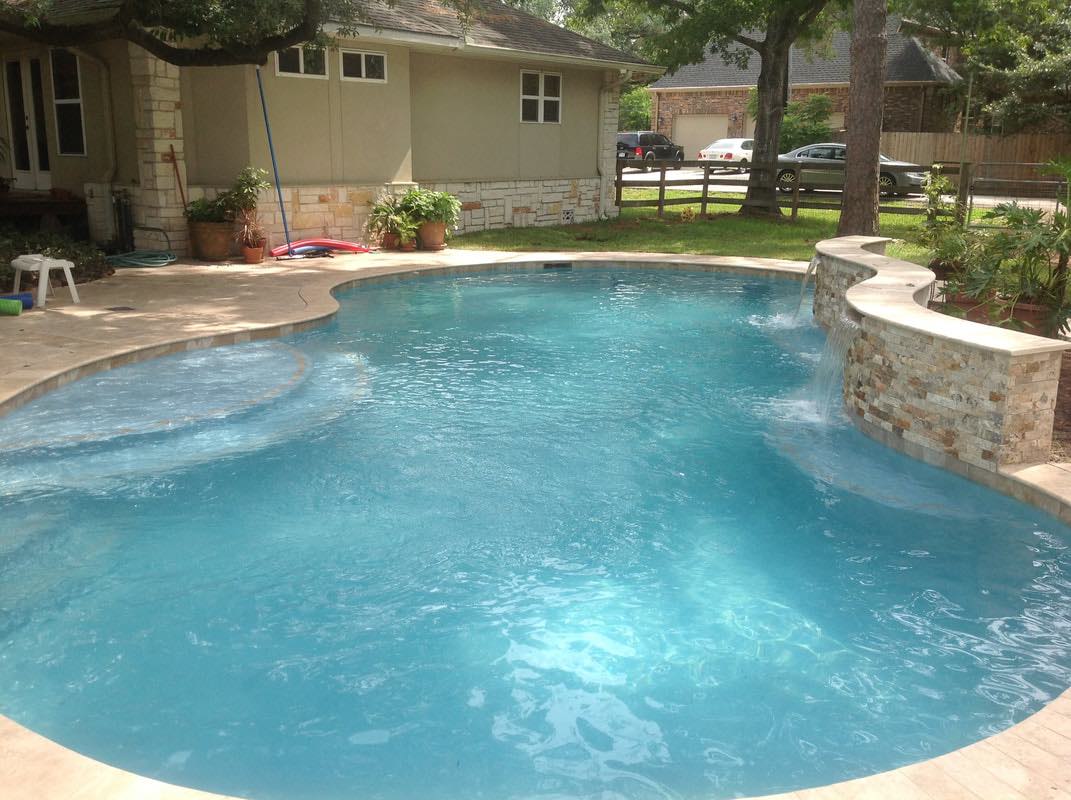Pool Chemicals for Dummies: Pool Chemicals and Basic Pool Chemistry
Over 10 million homes have swimming pools in the USA! If you are the lucky owner of a swimming pool, then you’ll know that it is a fantastic addition to any household. But, keeping your pool clean and crystal clear can be difficult.
Don’t worry; this guide on pool chemicals for dummies is here to break everything down. First, we will look at the terminology surrounding pool cleaning. Then we will move on to the types of pool chemicals you’ll need for sanitation.
Pool Chemicals for Dummies – Terminology
It might be confusing if you are a newbie to chemical management. So before we talk about our swimming pool chemical list, let’s run through some basic terms.
Pool pH Balance
Pool pH balance refers to how acidic the water is, and it runs on a scale from 0 to 14. Your pool pH balance should be between 7 to 7.6 for safe swimming.
Water with a pH of less than seven or more than eight can cause stinging and burning on the eyes and skin. It can also damage the surfaces in your pool.
Alkalinity
Alkalinity is crucial as it can help you to keep the pH balance stable. Try and maintain your pool alkalinity between 80 to 120 parts per million (ppm).
Water Hardness
Hardness refers to the amount of mineral calcium present in the water. This is important to prevent water from becoming corrosive. It also stops scaling or “scum” on the surface of your swimming pool.
Keeping your pool within the range of 200 to 400 ppm is the best for swimming pools
List of Pool Chemicals and What They Do
Now we have covered the terminology, let’s look at this swimming pool chemicals list. Here is pool chemistry for dummies!
Chlorine
The most popular chemicals in pools are chlorine, which is available in powder or tablet form. You can choose from stabilized or unstabilized chlorine.
Stabilized is better for longer-term use and outdoor pools. It has cyanuric acid in it, so it is less affected by the sun. Unstabilized does not have this acid in it. So it is better used during shock treatments or for indoor pools.
When chlorine breaks down, it creates chloramines. This makes that obvious “swimming pool smell” and causes your eyes and skin to sting and become dry.
Bromine
An alternative to Chlorine is the chemical bromine. It is often preferred as it can remain active in the water for longer.
But, it still breaks down as chlorine does, creating bromamines. These don’t tend to smell as strong as chloramines, but they can still reduce the efficacy of the chemical. Bromine is usually bought in tablet form.
Biguanide
This is a chlorine-free cleaning agent which creates “clumps” of bacteria or contaminants. This makes them easier to catch in your filter.
It also benefits from being kinder to the skin and doesn’t break down in the sunlight. The only downside to this is that it can be a lot more expensive.
Minerals
Minerals are the final pool sanitizing option. This involves using metals like copper, zinc, or silver to keep the water clean and feel “soft.”
This option, although more comfortable, can be less effective than other stronger chemicals. So supplement other chemicals occasionally to keep bacteria from building up.
Keep Your Pool Crystal Clear
Balancing necessary pool chemicals can be a challenging job. This guide to pool chemicals for dummies teaches you everything about keeping water balanced and sanitized.
Venture Pool Company is a professional pool building and maintenance company. We provide planning, designing, and remodeling services for swimming pools. We also cleaning services to help you keep your swimming pool sparkling.
If you want to find out more, get in touch today for a free quote!

